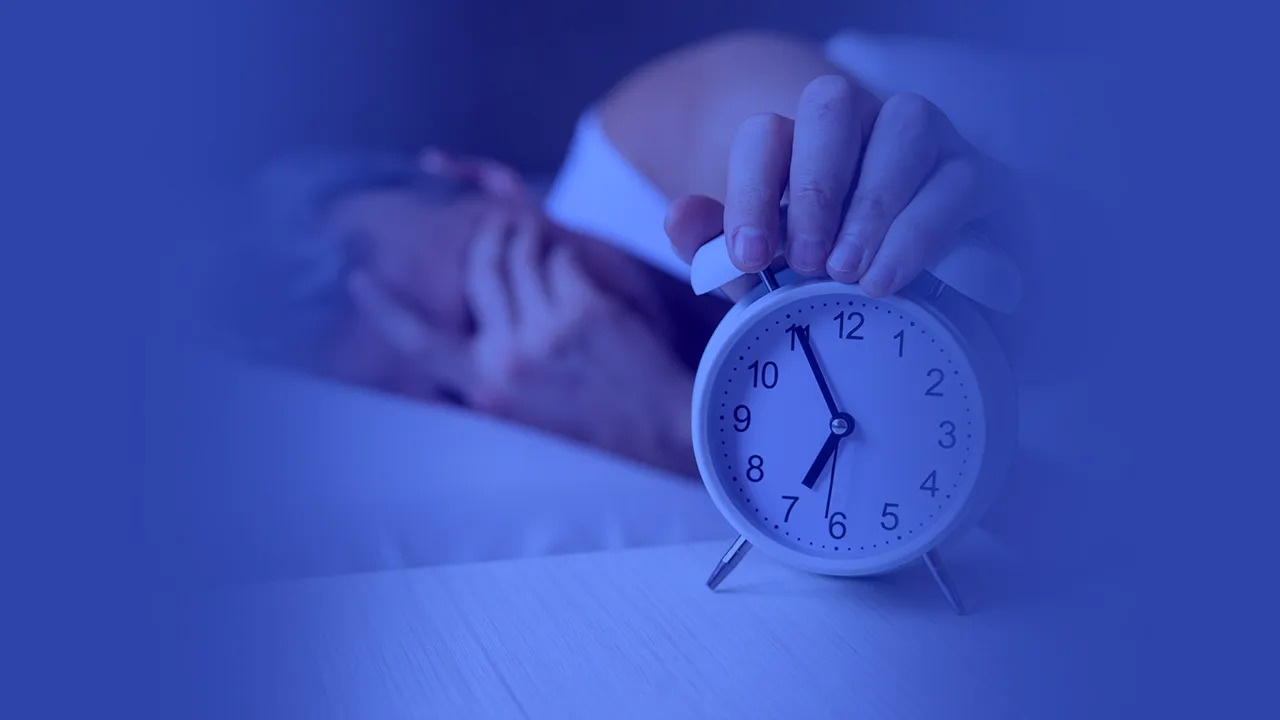Hypersomnia is a sleep disorder characterized by excessive daytime sleepiness. People with hypersomnia often struggle to stay awake during the day despite sufficient sleep at night. This condition can significantly impact daily activities, work, and overall quality of life.
Hypersomnia is a neurological disorder that affects the brain’s ability to regulate sleep. While occasional drowsiness is common, individuals with hypersomnia experience excessive sleepiness that is not relieved by proper rest. This prolonged daytime sleepiness can lead to difficulties performing daily tasks, impaired concentration, and an increased risk of accidents.
The primary symptom of hypersomnia is excessive daytime sleepiness. Individuals with hypersomnia may constantly need to nap during the day, even after a night’s sleep. Other common symptoms include difficulty waking up in the morning, feeling dizzy or disoriented upon awakening, and experiencing sleep inertia, where it takes a long time for the person to fully grasp their surroundings upon waking up.
Hypersomnia can be categorized into two main types:
• Primary hypersomnia: refers to a condition with no underlying medical cause.
• Secondary Hypersomnia: Various factors, including medical conditions such as sleep apnea, narcolepsy, depression, and certain medications, cause secondary hypersomnia.
Additionally, lifestyle factors such as obesity, excessive alcohol consumption, and shift work can also contribute to the development of hypersomnia.
Diagnosing hypersomnia requires a thorough evaluation inquiring about the patient’s sleep patterns, medical history, and conducting physical and neurological examinations. To further evaluate the severity of the condition, sleep studies, such as a polysomnogram, multiple sleep latency test (MSLT), or actigraphy are recommended.
Treating hypersomnia involves both lifestyle changes and medical interventions. The primary goal of treatment is to alleviate excessive daytime
• Implementing a regular sleep schedule.
• Maintaining a healthy diet.
• Exercising regularly.
• Avoiding substances like caffeine or alcohol.
In some cases, stimulant medications are prescribed to help individuals stay awake during the day.
Living with hypersomnia can be challenging, but several coping strategies can help individuals manage their symptoms. Some suggestions include planning frequent short naps throughout the day, engaging in stimulating activities, organizing the environment to improve alertness, and seeking support from friends, family, or support groups. Individuals with hypersomnia need to prioritize self-care and listen to their body’s needs.
Hypersomnia is a complex sleep disorder that can significantly impact an individual’s daily life. Recognizing the symptoms and seeking proper medical evaluation is crucial for an accurate diagnosis and appropriate treatment. Effective management of hypersomnia often involves lifestyle changes, medication, and coping strategies. By understanding the condition and implementing the necessary steps, individuals with hypersomnia can better control their sleepiness and improve their overall quality of life.

Comments are closed.